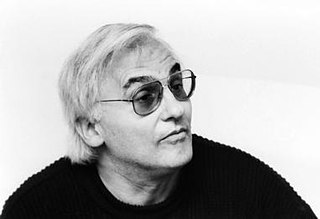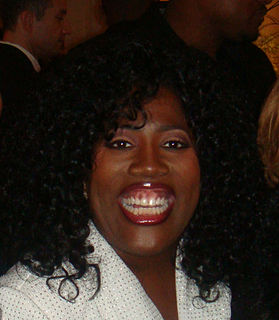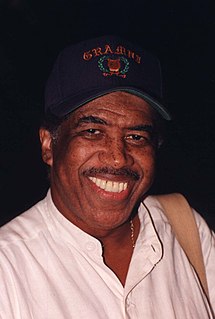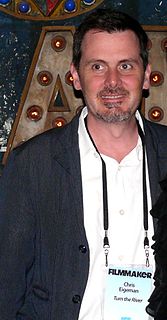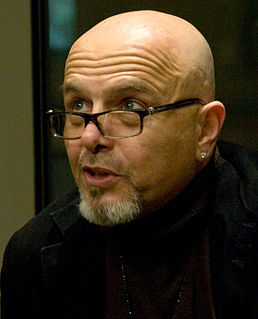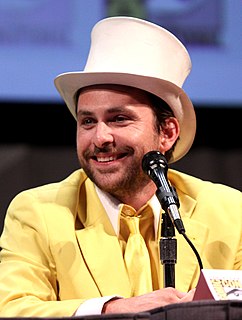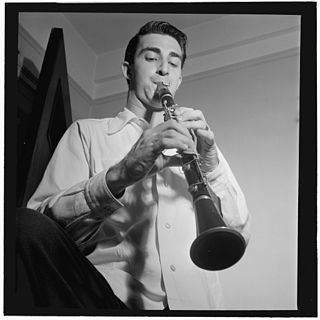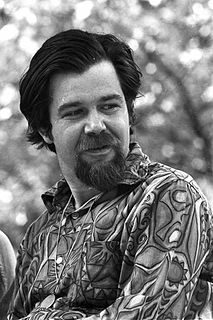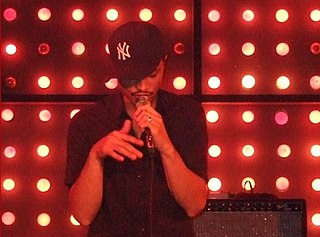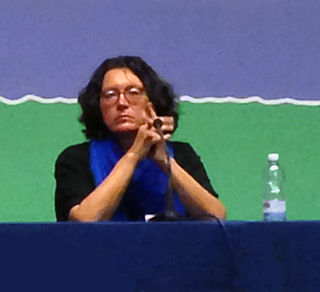A Quote by Robert Wyatt
I can't imagine my life without the extraordinary bebop jazz revolution in New York in late '40s and '50s.
Related Quotes
I just saw a recent television program about art, and it was saying how from the end of the Second World War, so much of what our culture is comes from not just the United States in general, but New York in particular. In my case, I can't imagine my life without the extraordinary bebop jazz revolution in New York in late '40s and '50s.
I have always loved jazz music and as a teen growing up in New York City and then later on as an adult have great memories of the jazz clubs that were all located on 52nd Street. I still catch as many jazz shows as I can when I am in New York. And when I perform, I have my jazz quartet by my side. Jazz musicians keep things spontaneous and very "live," which is the way I like to perform.
In New York, I was excited about the music in New York because the only music that I was more or less involved with in the South was either country and western or hillbilly music as we used to call it when I was a kid and, ah, gospel. There was no, there was no in between. And when I got to New York all the other musics that's in the world just came into my head whether it was the classics, jazz, I never knew what jazz was about all, had heard anything about jazz.
All the forms of popular music from jazz to hip-hop, to bebop, to soul [come from black innovation]. You talk about different dances from the catwalk, to the jitterbug, to the Charleston, to break dancing -\-\ all these are forms of black dancing...What would [life] be without a song, without a dance, and joy and laughter, and music.
As a child, I remember asking my parents when I was five years old, "How come if you are not Zionists, you came to the country?" I was surprised at myself that I asked this question. It means that it was always in the air. Then years later I understood it was because of the Holocaust, because they were refugees. They did not come as immigrants and, because of the illusions of the '50s and the late '40s, my mother said, "The world must be better." She could not imagine that it wouldn't be different.


